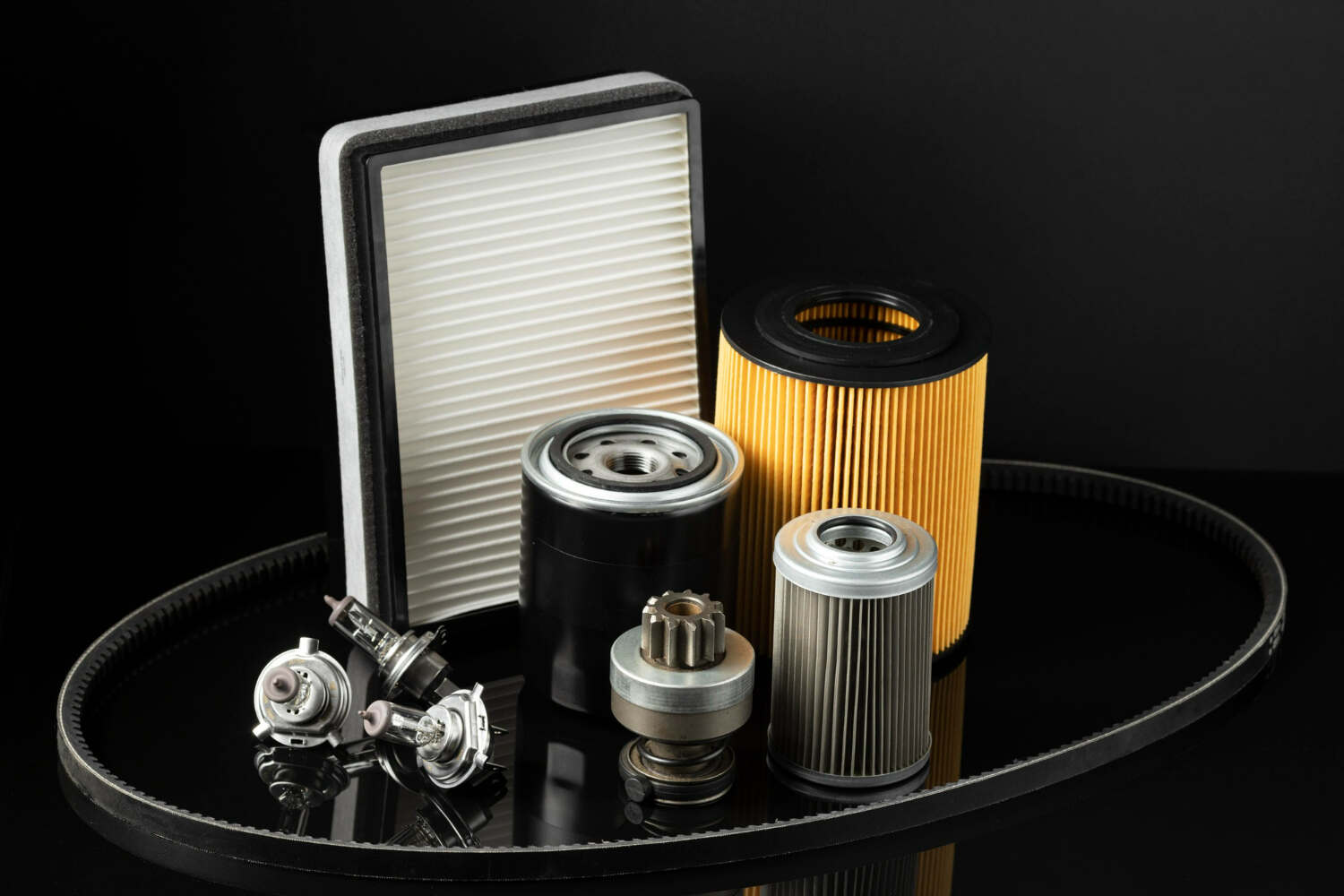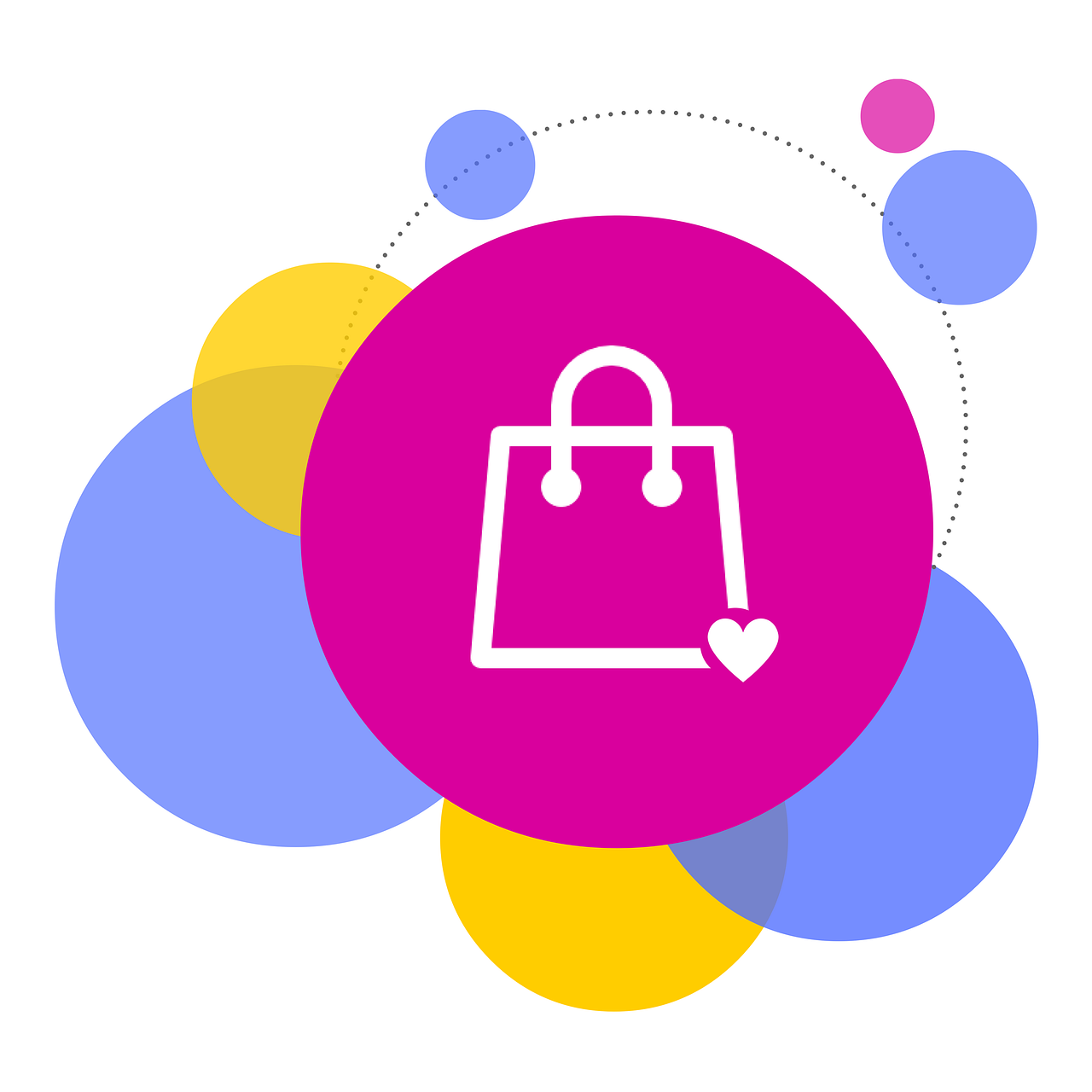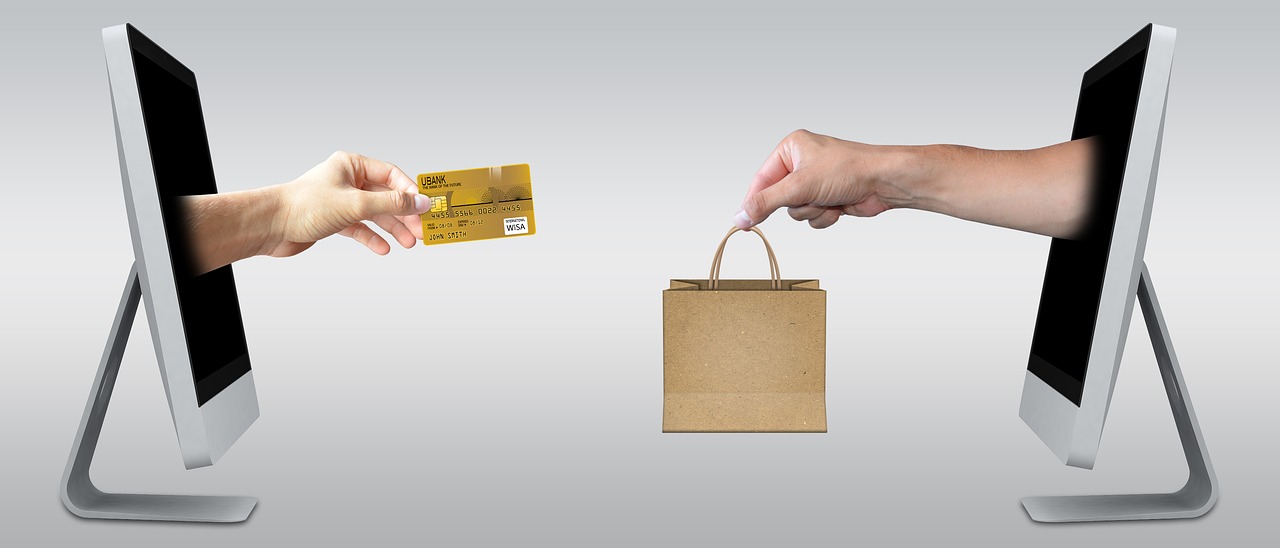As you build your finances, you might encounter these two bank accounts. There are a lot of enticing offers, such as a Citi checking account offering $2,000 at most. Evaluating checking and savings accounts is your best advantage when deciding which one to open. There are advantages to both kinds of accounts. The most important goal is to determine which will help you achieve your financial goals.
Checking Account
Checking accounts are widely utilized for daily operations like money transfers, debit card purchases, and check writing. Checking accounts typically include a debit card, checkbook, and mobile app with payment options like online bill pay and Zelle to make transactions more convenient. Since checking accounts let you access your money whenever you need it, they are referred to as “transactional” accounts.
There are no restrictions on how many transactions can be made because of the dynamic nature of this account. In other words, account holders have unlimited access to transfer, receive, and deposit money into their accounts. Also, the account requires a relatively high maintaining balance compared to a savings account. However, because the money in a checking account is intended to be utilized immediately and for daily transactions, it is uncommon for you to earn interest on it. When it does, it is often very in a little amount.
Savings Account
A savings account is a deposit account with a bank or another financial organization that pays interest. Despite these accounts’ relatively low-interest rates, their security and dependability make them a fantastic choice for keeping cash on hand for urgent needs. Also, you can put money away in savings accounts for particular aims and purposes. For instance, you might create a savings account to store money for a down payment on a house or an emergency fund.
Using a savings account will make your money safer in the bank’s security measures than in your mattress or sock drawer, thanks to federal protection against bank failures offered by the Federal Deposit Insurance Corporation (FDIC).
However, a savings account also has limitations. Compared to a checking account that can give unlimited transactions, a savings account has restrictions imposed by banks or even the government. In most cases, it limits an account holder to six withdrawals monthly. Thus, it is implied that there is a lower transaction frequency in using a savings account. With this, banks require a smaller maintaining balance for account holders.
Tips for Maximizing Both Accounts
Having both accounts at one bank or financial institution may have advantages if you value bank loyalty. Keeping your savings account at the same company as your primary checking account can be convenient and efficient. Deposits or withdrawals from your checking account to your savings account will be immediately effective because transfers between accounts at the same bank are typically instantaneous. This makes it simple to move extra money out of your checking account so it may start earning interest immediately. You also have the option to transfer money the other way if you need to pay for a sizable check transaction.
To avoid the risk of financial loss, check to discover if your bank is insured using the search options offered. Be mindful of avoidable minimums and fees and compare rates various organizations provide. Your savings will eventually pay off more if you earn a greater rate.
Conclusion
Checking and saving accounts are crucial for daily activities and accumulating money. The choice between the two accounts mentioned above depends on the account’s intended purpose, the potential for principal amount optimization, and the convenience of access.
When examining your options for savings and checking accounts, think about the features and benefits that are most important to you. For example, a high-yield online bank account can be ideal if you want to maximize your savings. However, a business owner requires numerous daily transactions, so a checking account is best for you. Remember that you can choose only one or enjoy the best of both worlds.












